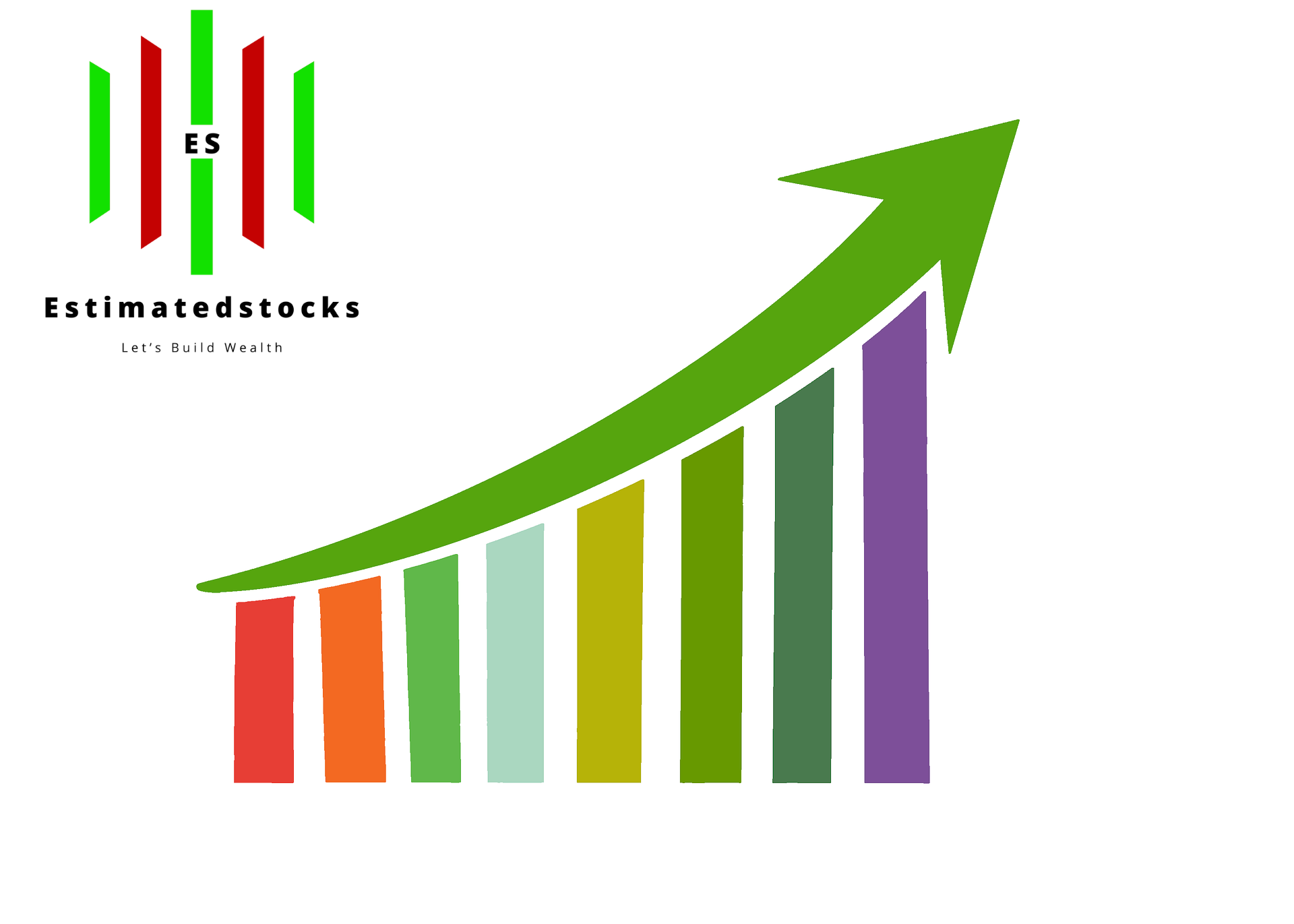Stocks might face a correction if Friday’s payroll data is weak. With September’s historically tough period ahead and reduced buybacks, market sentiment is cautious.
Market Sentiment Points to Potential Stock Market Correction
The stock market is showing signs of vulnerability, and a correction could be on the horizon if Friday's payroll data underperforms expectations. The release of this critical labor market report is seen as a pivotal event that could influence investor sentiment and trigger significant market movements. A weaker-than-expected payroll number would likely heighten concerns about the broader economy and push investors into a risk-off mode, leading to a downturn in equity prices.
Market participants have already started positioning themselves in anticipation of this potential shift. As the second half of September approaches, technical signals point to a negative setup for stock prices. Historically, this period is known to be one of the most challenging for the market. In particular, the final two weeks of September are considered the worst trading weeks of the year for major indexes, including the S&P 500. Over the years, these weeks have often been associated with heightened volatility and weaker overall market performance, creating a seasonal headwind for equities.
A combination of technical factors and investor sentiment is driving this cautious outlook. Many systematic trend-following funds, which are key players in today’s market, have already reached their limits in terms of equity exposure. These funds are less likely to provide additional buying support, especially if market conditions deteriorate. As a result, the market could experience reduced upward momentum, increasing the likelihood of a correction if negative economic data adds to the pressure.
Adding to the complexity, many companies are entering their earnings blackout periods during this time, further reducing potential buying activity. During these blackout periods, companies are restricted from engaging in share buybacks, which have been a significant force supporting stock prices in recent years. Share buybacks not only return capital to shareholders but also help boost demand for a company’s stock, often propping up share prices during periods of uncertainty. The absence of this buyback activity, combined with broader market weakness, could lead to a further reduction in demand for equities, leaving the market more vulnerable to declines.
Beyond technical factors, sentiment analysis suggests that many investors are growing increasingly cautious as economic uncertainty persists. Concerns about inflation, rising interest rates, and the potential for a slowdown in consumer demand continue to weigh on market sentiment. In the face of these challenges, investors are keeping a close eye on upcoming economic data releases, with the payroll report standing out as a key indicator of the labor market’s health.
If the payroll numbers come in weaker than expected, it could reinforce fears of a slowing economy. This would likely lead to a risk-off move, where investors shift their focus away from equities and towards safer assets such as bonds or cash. A sell-off in stocks could be further exacerbated by the already cautious positioning of hedge funds and other market participants, many of whom have reduced their exposure to riskier assets in recent weeks.
However, it’s important to note that not all market participants are bracing for a downturn. Some investors may view any market correction as an opportunity to buy stocks at lower prices, particularly if they believe the broader economic outlook remains relatively strong. Nevertheless, the combination of weak labor data, seasonal market trends, and reduced buyback activity creates a perfect storm that could lead to a significant market correction in the weeks ahead.
As September progresses, all eyes will be on key economic data releases, including Friday’s payroll report, as well as the broader macroeconomic landscape. For now, the sentiment remains cautious, and market participants are preparing for the potential of increased volatility and downward pressure on stocks.
Independent Analysis & No Investment Advice EstimatedStocks AB is an independent financial research platform. This publication is ...
Author
Shaik K is an expert in financial markets, a seasoned trader, and investor with over two decades of experience. As the CEO of a leading fintech company, he has a proven track record in financial products research and developing technology-driven solutions. His extensive knowledge of market dynamics and innovative strategies positions him at the forefront of the fintech industry, driving growth and innovation in financial services.


